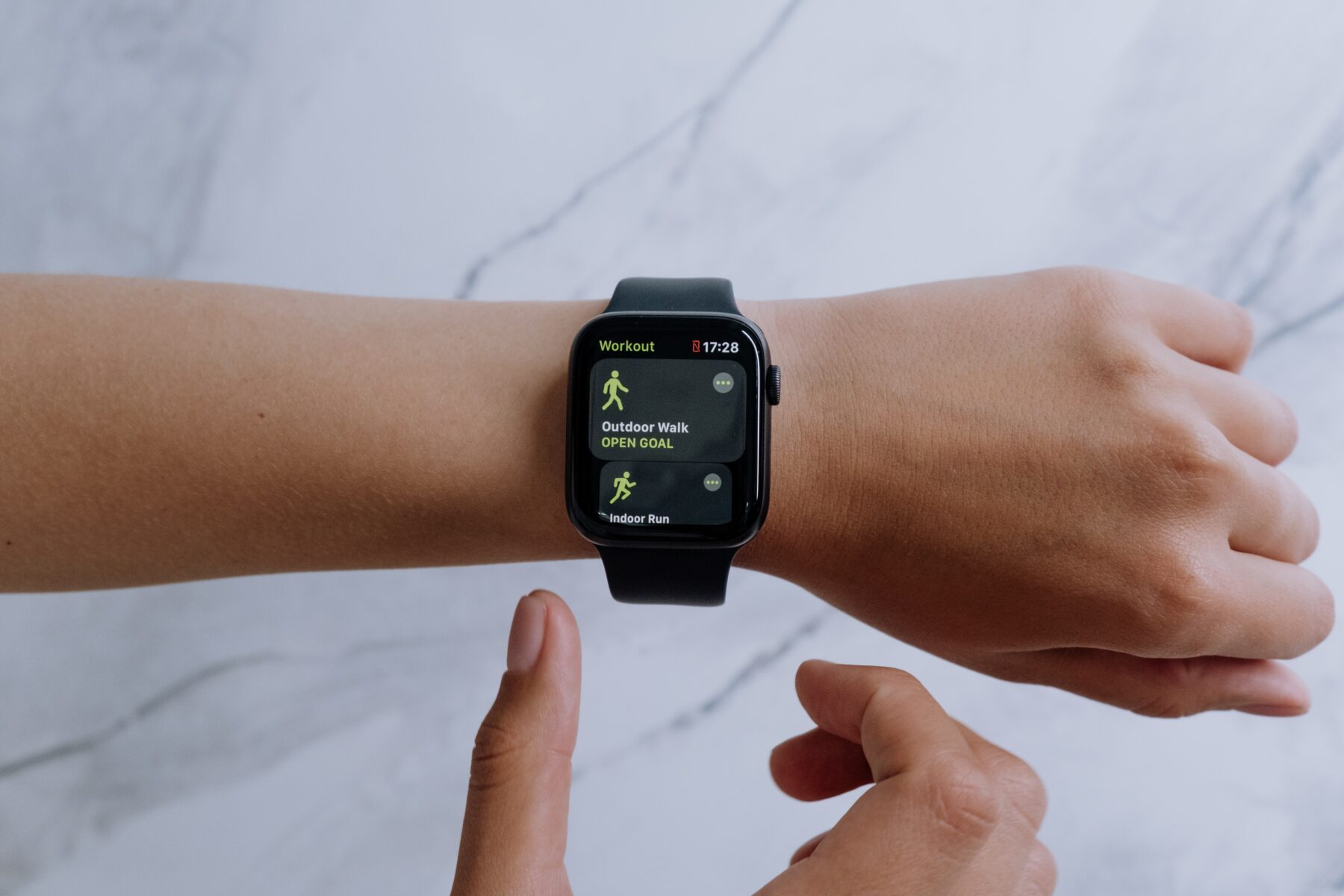5 Exciting Digital Health Trends This Year

This year, the goal for the World Health Organization is that one billion more people enjoy better health and well-being, and with digital health trends on the rise, they may accomplish just that.
Since 2020, the health care industry has required a transformation, and health tech has evolved to propel these changes. By providing preventative care and well-being-centric innovation, the health tech industry is making strides and leaps to improve Americans’ well-being.
Here are the key trends for this year:
#1: Digital health tools for employees
Following the pandemic, Pew Research Center noted that some of the reasons why employees left their jobs were because of the lack of opportunities as well as the limitations of their employee benefits programs.
To combat this issue, a first step would be incorporating hybrid work schedules, allowing employees to dictate how their time is spent. Gallup’s study recorded that 71% of working professionals experience an increased work-life balance through hybrid schedules.
Another rising trend is the development of more inclusive health policies, which account for a hybrid work schedule. This might mean onboarding accessible wellness apps and telehealth services within the benefits packages offered. These tailored employee health benefits packages look after overall employee health and reduce costs incurred by the company.
Employees may also be given more flexibility with the benefits packages they choose. Especially as health requirements vary, such as for employees with children or impairments or members of the LGBTQI+ community.
#2: Speech tech for children
The abilities of machine learning protocols have seeped into several health tech applications, and speech tech has benefited significantly from using machine learning models as their algorithms can transcribe children’s speech with 96% accuracy. Such technology can help tailor further innovation to improve language comprehension and use among children.
With the analysis of sufficient data, speech tech can eventually also identify speech and language disorders, which can then allow for early management where required.

#3: Therapy apps for couples
According to the Centers for Disease Control and Prevention, the U.S. divorce rate stands at 2.3 in every 1,000. However, studies indicate that steps couples take toward improving their relationships can positively impact their relationships.
In this aspect, there has been a recent surge of therapy apps that help couples foster their connection and follow the basic principles of communication. Many of these apps bank on the experience of psychologists to understand areas where couples might lack open and honest conversations. With frequent prompts, they encourage partners to perform acts of gratitude and invest quality time into their relationships.
#4: Habit-building parenting apps
From vaccination schedules to when they can expect the first word, tech-savvy parents have all the information at their fingertips.
Apps like Parent Cue help parents form effective communication channels with their children with habit-forming prompts, while apps like Playfully can guide parents in activities for development during a child’s formative years.
Parenting in the tech era looks different for all families. Sometimes, it can make people feel lonely, but on the other hand, it creates connections. Apps like Peanut encourage moms to share ideas on parenting and join community discussions.
#5: Advancing women’s health
“FemTech” has been a buzzword since Clue’s founder Ida Tin used it to designate tech and innovative research used for women’s health, which has so far been associated with either menstrual health or fertility. However, technological progress over the past few years has required more in-depth innovation for women’s health.
Studies indicate the benefits of having specific mobile apps for dealing with postpartum depression (PPD), which facilitated constant care and less likelihood of women dropping treatment.
Similarly, there is a rise in apps for women dealing with menopause as they allow women to track their symptoms and give access to communities where such discussions are a norm.
You can read the full report from Kilo Health here: https://kilo.health/2023-trends/.
About the Author
Kasparas Aleknavicius is a medical doctor working as Head of Medical Affairs at Kilo Health. Aleknavicius is responsible for clinical product development, research and partnerships. In the last year, he has participated in the development and launch of three new products and started an evidence-based path for five digital health products altogether. Developing products for several disease areas and care settings give him a comprehensive understanding of the end-user and different stakeholders’ needs. One of the main pivots in his career was stepping away from clinical work and focusing on helping patients in other ways — merging medical expertise with the tech world.






